The increasing presence of influential Romans, welcome or not to the host communities, would have given many a motive to learn Latin simply to get on in the world. Everyone must sooner or later have observed that Roman domination, once established, was permanent: indeed it was to last unbroken for five centuries, twenty generations, in western Europe. Except among the Basques, and in the wilder recesses of Britain and Dalmatia, every community in that vast territory came to abandon their own traditional culture and adopt Roman ways.
Latin, whether its use was spread by positive encouragement or contempt for any alternative, came to represent the universal aspirations of PAX ROMANA. Although Roman domination came at a high continuing price in taxes and military service, once imposed, there was no resisting it. And once accepted, it did offer universal access to the Romans’ own law, roads, and civic institutions, and beyond that to the wider pool of Western culture: Etruscan divination, Greek arts, commerce and engineering, Carthaginian agriculture and shipbuilding, Gaulish carriagework, Syrian and Egyptian mystery religions. And to the gastronome, besides an appreciation of OLEVM ‘olive oil’ and VINVM ‘wine’, it brought with it the culinary refinement of GARVM ‘fish sauce’.
You have made a single fatherland for peoples all over: With you in charge, for the lawless it paid to be defeated. And sharing your own justice with the conquered You have made a city of what was once the world.
Rutilius Namatianus (fifth century AD) 25
Latin was a factor unifying the Empire’s elites, through a common education and literary culture. In literature, in the first and second centuries BC the greatest writers had tended to come from the provinces of Italy, not Rome. Virgil was from Mantua, Livy from Padua, Horace from Apulia, Catullus from Verona in Cisalpine Gaul. But after this, a large proportion of the greatest authors—essentially the creators of literary Latin in their ages—hailed from diverse regions outside Italy.
In the first century, Spain was preeminent. From Corduba (Cordova) came L. Annaeus Seneca, *the tragedian and moralist (son of an equally literary father, who had concentrated on rhetorical declamations), and his nephew M. Annaeus Lucanus, the epic poet of the Roman civil war; from Bilbilis (Calatayud) came M. Valerius Martialis, writer of epigrammatic verse. L. Iunius Moderatus Columellafrom Gades (Cadiz) wrote the classic text on farming; and M. Fabius Quintilianus from Calagurris (Calahorra) was an orator, but even more famous as the classic authority on rhetorical theory. †
In the second century, the historian P. Cornelius Tacitusand the theorist of aqueducts and military strategy Sex. Iulius Frontinuscame from southern Gaul. But the real competitor was Africa: C. SuetoniusTranquillus the biographer, M. Cornelius Frontothe orator, C. Sulpicius Apollinaristhe grammarian, all came from there. Africa’s cultural repute at the time was captured in a quip of Juvenal’s: NVTRICVLA CAVSIDICORVM AFRICA ‘Africa, that amah of advocates, suckler of solicitors’. 26Meanwhile Greeks, and other residents of the eastern provinces, are absent from this roll, as they continued to write in Greek. Some famous literary westerners (notably the sophist Favorinus, hailing from Arelate (Arles) in southern Gaul) even chose to be Greeks rather than Romans.
All these luminaries had felt they needed to travel to Rome to take part in the language’s cultural life at the highest level. This changed in the later second century. Apuleius, after studying in Greece and Italy, returned to Africa to work and write his bawdy but devout novel Metamorphoses (better known as “The Golden Ass”). Thereafter it seemed no longer necessary to establish oneself at Rome to make a literary or philosophical reputation. The poet Nemesianus (around 250–300), and the Christian writers Tertullian (around 160–240), Lactantius (around 240–320), and Augustine (354–430) all stayed in North Africa; others, such as the Bible translator Jerome from Pannonia (347–420) and the historian Orosius (early fifth century) from Spain, were happy to travel and work (in Latin) in different parts of the Empire. *The Empire was the basis for the creation of RESPVBLICA LITTERARIA, a Republic of (Latin) Letters, which was to be an aspect of western Europe for the next millennium and beyond, almost unaffected by political and economic collapse.
The army too, like the process of literary education, provided a motive for the spread of Latin within the Empire, but one that affected a different, and very much more numerous, class of people. We are best informed about the top flight of military men, drawn from ever wider circles: the most successful could ultimately even become emperor. Already in the last days of the Republic (to 44 BC) it had been possible for provincial Italian lads to ascend to high command: T. Labienus, Caesar’s principal aide in Gaul, and P. Ventidius Bassus, who campaigned successfully on behalf of Mark Antony in Parthia, both seem to have come from modest backgrounds in Picenum.
A century later, after the Julio-Claudian and Flavian dynasties had run out of heirs, the Empire was forced to fall back on outstanding soldiers; and it became clear that such distinction was no longer restricted to men from the traditional elite in Rome and Italy. Two emperors from Spain (Trajan in 98, Hadrian in 117) were succeeded by one from Gaul (Antoninus Pius in 138). After a turbulent interregnum caused by an attempt to reinstate the dynastic principle, military candidates for emperor again started emerging from the provinces, and more and more distant ones: Africa (Septimius Severus in 193, Macrinus in 217), Syria (Philip 244), Thrace (Maximinus 235), Pannonia (Decius 249), Moesia (Aemilianus 253). Aurelian, acceding in 270, even came from outside the Empire, in the lower Danube region.
The Latin language itself became a sort of repository of the languages of the peoples the Romans had subdued and brought into their great coalition. Many of the words are simple borrowings, but many more are harder to place, since they seem to be portmanteaux: Latin words clearly, but somehow dressed to look foreign. LYMPHA with its Y and its PH looks a clear borrowing from Greek, but it isn’t. It is just a grandiose word for ‘water’, redolent of nymphs, limpid pools, and deliquescence. Sometimes it is matched with nymphs, as if it were the word for another kind of water fairy; sometimes it becomes the name of a goddess in her own right, as when Varro invokes her (along with the equally bogus ‘Good Outcome’) at the beginning of his treatise on agriculture. 27It went on to be a pseudo-explanation for all kinds of frenzy, of the sort that the wild spirits of wood and water will send down on mortals: LYMPHATICVS was much the same as LVNATICVS.
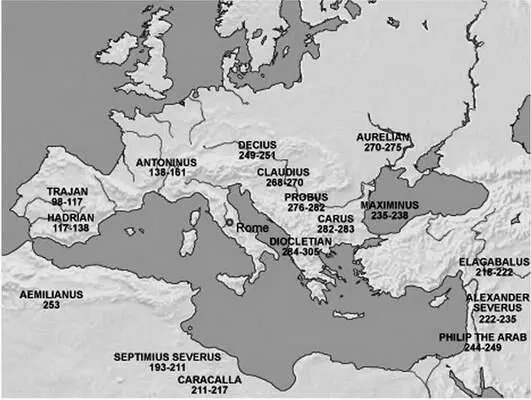
Home provinces of the Roman emperors. From the first to the third centuries AD, emperors were chosen from ever farther afield.
ARRA is another such word, meaning a bond or surety, but this time shortened from a word taken from a Semitic language, probably Punic, the language of financial transactions par excellence. Pliny the Elder jokes that a doctor’s fee is MORTIS ARRAM, a down payment on death. 28Its original form ARRHABON represents the Semitic ‘erabōn , but in ARRA it has been shortened to be like Latin ĀRA, an altar—but a more Roman-feeling security: as when Ovid says that a friend of his is “the only altar that he has found for his fortunes.” 29
Читать дальше
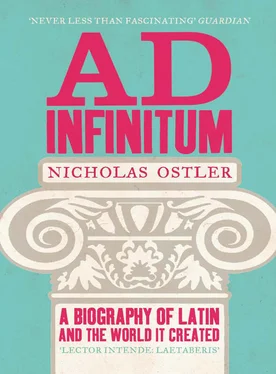


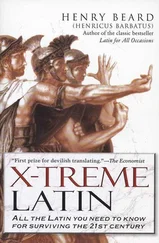

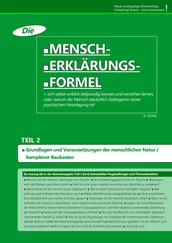
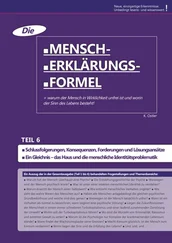
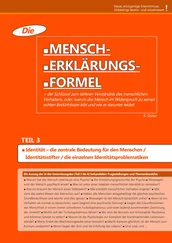
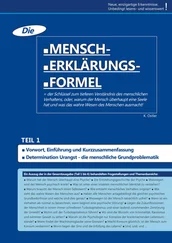
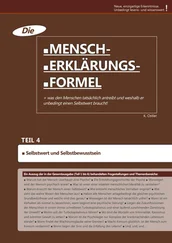
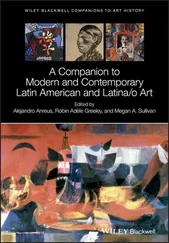

![Nicholas Timmins - The Five Giants [New Edition] - A Biography of the Welfare State](/books/701739/nicholas-timmins-the-five-giants-new-edition-a-thumb.webp)
